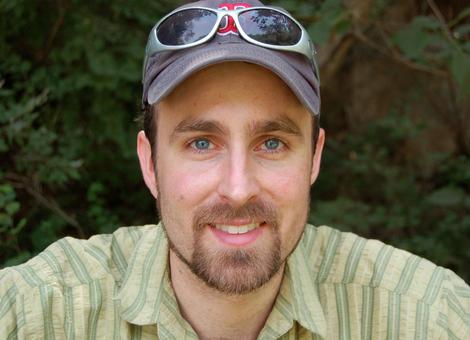Since the fall of 2001, biologists have taught endangered whooping cranes how to migrate over a once-lost course stretching from the wetlands of central Wisconsin to the mud flats of Florida’s Gulf Coast. Wildlife biologists did this through an unusual method of reintroduction: training the endangered birds to follow behind ultralight airplanes for the entire 1,200-mile journey. The technique is highly invasive and expensive, but by the summer of 2005, it had established the first population of whooping cranes migrating east of the Mississippi in more than one hundred years. To supplement these ultralight-led migrations, crane biologists tried a new approach in the fall of 2005. Biologists with the International Crane Foundation of Baraboo, Wisconsin, and the U.S. Fish and Wildlife Service released four captive-bred whooping cranes directly into the wild. Biologists hoped that there were enough graduates of the ultralight program already making the migration for a few first timers to simply follow the older birds south. But no one knew if this bold new experiment, which relied entirely on the young birds following older non-related birds, would work. This thesis follows a year in the life of Maya, Poe, Waldo and Jumblies-the first four “Direct Autumn Release” birds. The story begins with their parent’s artificial insemination in the spring of 2005, describes their last-minute Thanksgiving-Day departure, and follows their successful southern migrations through Tennessee and Florida. The thesis relates the concerns of the biologists, who spent countless hours raising and tracking these birds. It also recounts historic episodes in the 80-year ongoing effort to save Grus Americana, the whooping crane, while providing a larger significance for why the conservation of biodiversity is needed now more than ever.
Winging It: A Bold Step Toward the Whooping Crane’s Return

The concerns and ethics as wildlife biologists train endangered whooping cranes to follow behind ultralight airplanes for their migration’s entire 1,200-mile journey.




